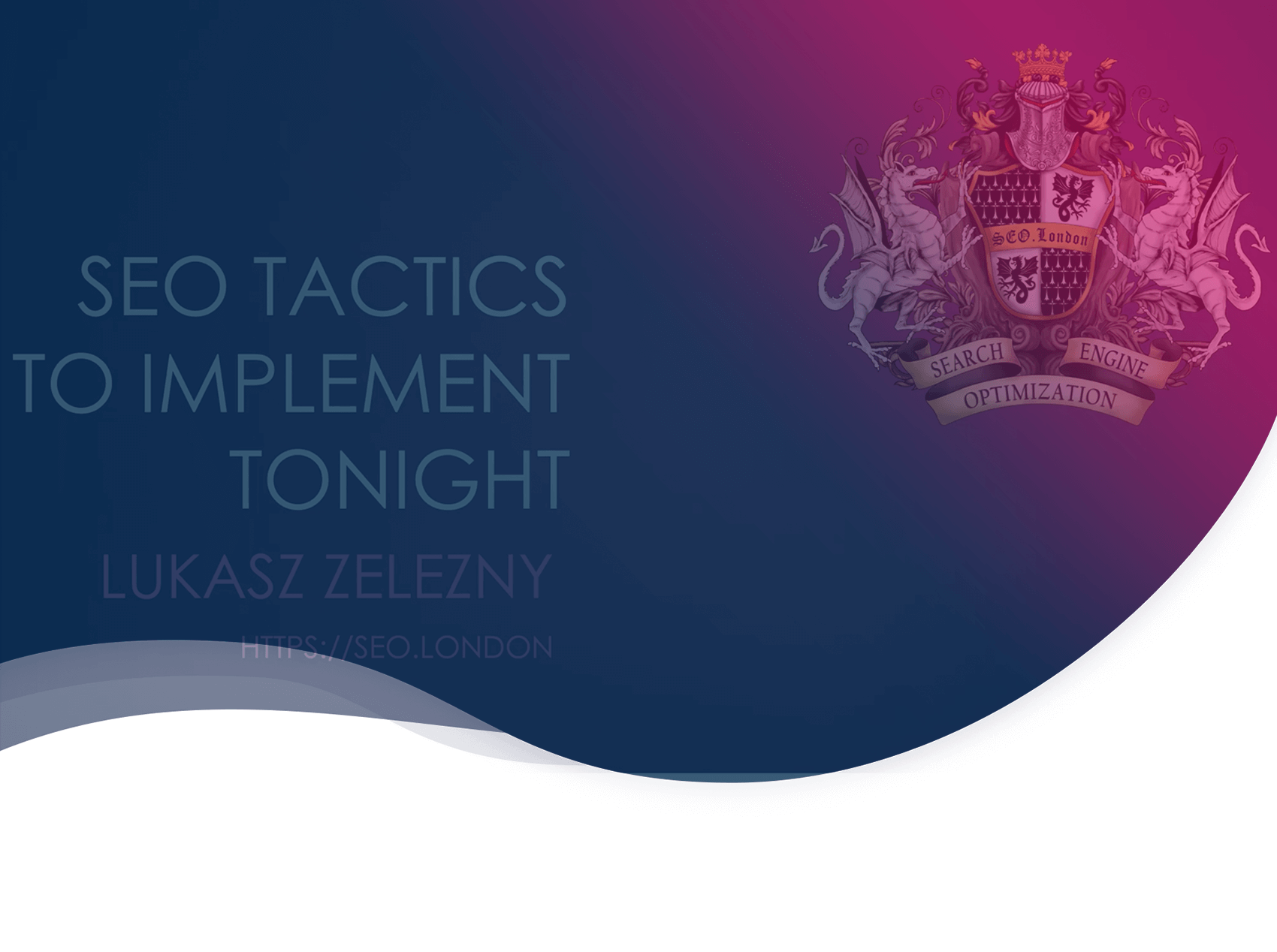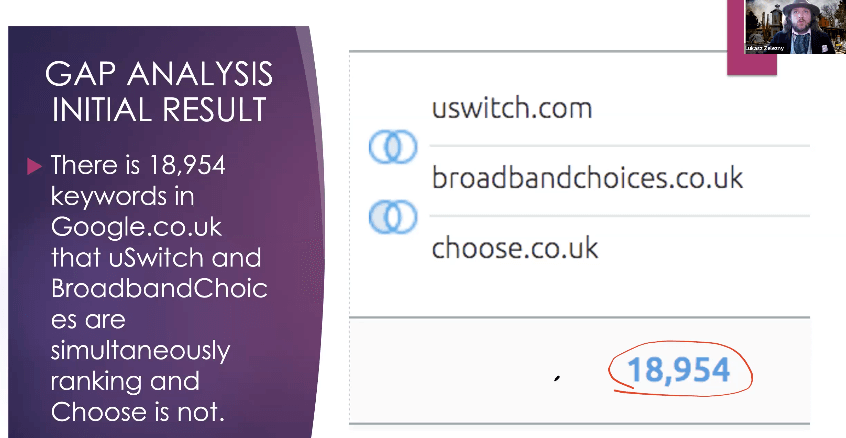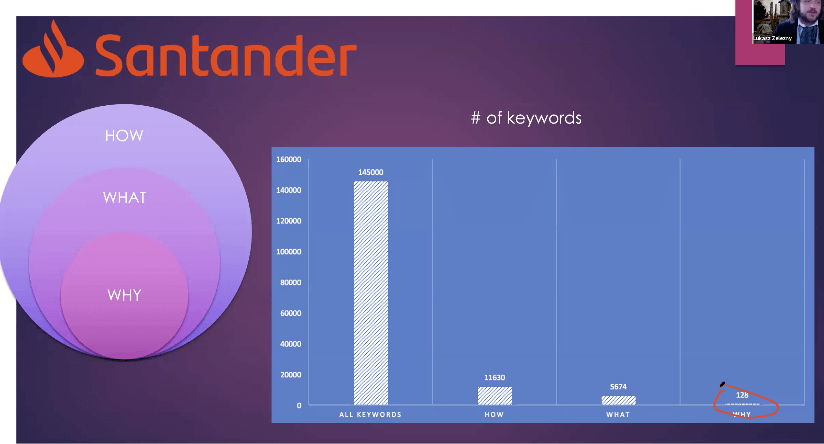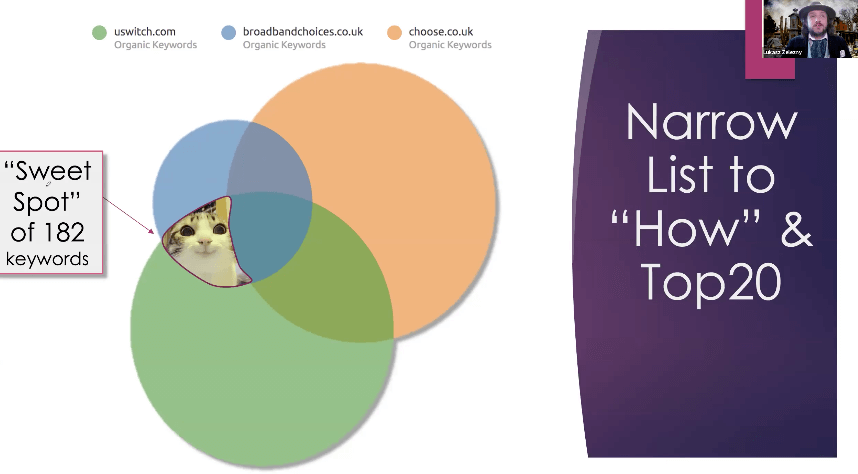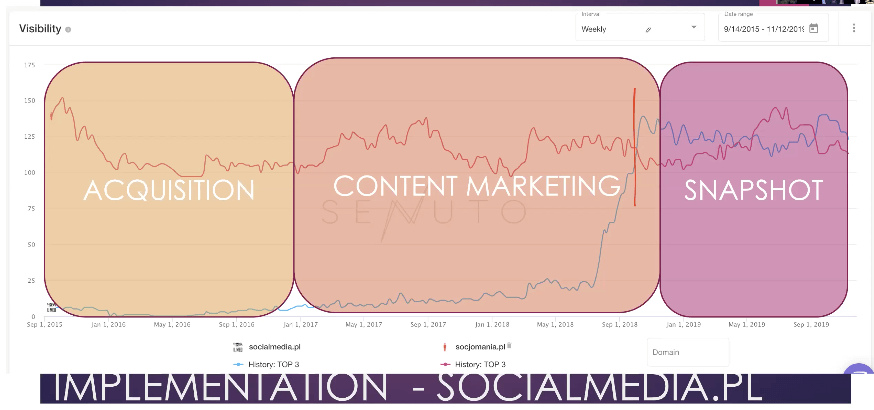When talking about SEO, there is almost no point presenting Lukasz Zelezny anymore. With over 20 years of experience in SEO and 10 in social media strategies, he is an authority in all things keywords and positioning. For our exclusive Marketing Wild Wild West event on Saloon, Lukasz shared his 3 tactics to boost our SEO strategies, which you can implement tomorrow!
1. Behind all SEO: a good content strategy.
We often think of them as two separate things, but SEO and content strategies go hand in hand if you want your business to truly gain some traction. Whereas natural referencing focuses on your traffic from search engines, content marketing seeks to attract your prospects by offering content that speaks of their problems and needs through various different channels. Both feed into each other and they are invaluable tools which let you position yourself to your target market.
Google’s algorithm BERT has created a mini-revolution in how to understand content by encouraging strong semantic links and a natural language approach rather than stuffing keywords at random and “SEO hacks” with no long-term goals.
In short: quality, useful, original content linked together by topics, is now considered the best way to start ranking naturally on search engines. But once all of this is done, what’s next? Here is where Lukasz’s advice comes into play.
2. Lukasz Zelezny’s 3 SEO strategies to implement tomorrow.
For Lukasz, SEO is a long-term strategy. By building and refining your techniques brick by brick, you’ll soon have results. Don’t know where to start -or how to improve? Have a look at what your competitors are doing -but do not copy them!
Here is a sneak peek of his talk on Saloon, available on replay for free:
Step one: identify the best actors in your field and do a “gap analysis” to see how and where you rank compared to them. This process will allow you to compare the keywords you and your competitors use daily, and identify your edge.
His process can be broken down into steps:
- identify the best and brightest in your field with third-party tools like SEMRush, Searchmetrics ou Sistrix ;
- with those tools, study your keyword gap: whose keywords are they ranking on that you are not?
- focus on acquisition keywords (in your marketing funnel, keywords intervening on content made for conversion: from visitor to prospect to client). Attach these keywords to questions: Do they ask How? What? Why?
- Start with keywords attached to the “how” questions. Identify them with a tool of your choice and cross-reference them with those used by your competitors. Your goal here is to identify your sweet spot where both of your competitors rank but not you.
- Tada! Here is the what you’re looking for!
In his talk, Lukasz also details how to extend this keyword list with Semrush to generate high-ranking SEO content ideas. To see it all, head over to Saloon!
Step two: conduct a snapshot analysis of your website. Lukasz details how, with some third-party apps you can easily compare your SEO ranking with your competitors’ and optimise your strategy accordingly.
Here is the breakdown:
- link your data studio to your search console to cross-reference queries with their landing pages, their impressions, clicks and CTR (clickthrough rate) ;
- sort your data using Excel by landing page then by number of impressions to see rapidly which queries perform the best for each of your website pages ;
- identify the keywords associated to those queries to optimize each of your website pages accordingly.
Lucasz also details his SEO optimizations for several clients like Socialmedia.pl. To hear him talk about a practical case, you can find everything on Saloon.
Step three: build your brand and a strategy around your name. For this step, he details how he managed to make sure his name “Lucasz Zelezny” (typos even included) was associated to SEO topics with tools like talkwalker, brand 24, fresh web explorer or Google Alerts by following 4 simple rules :
- always make sure that a link redirects to your page when you are quoted somewhere ;
- link all your social media to your website ;
- avoid sub-domains and prefer sub-files (for example, turn blog.domain.com into domain.com/blog) to better track and analyse performances and redirect traffic in a more organic way ;
- gather all your analysis at the same place for a true, 360° understanding of your performances at all times.
Lukasz’ advice is full of practical tips and handy details, but we can’t list it all here. To find out more about all of his SEO advice, case studies and real-world experiences, you can follow his step-by-step guide in the replay of his lecture on Saloon. Learn from one of the best the SEO world has to offer, think no more: get on to Saloon!




